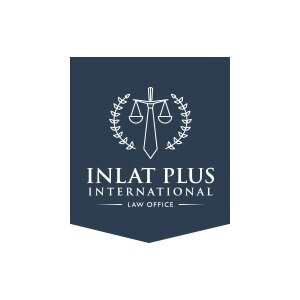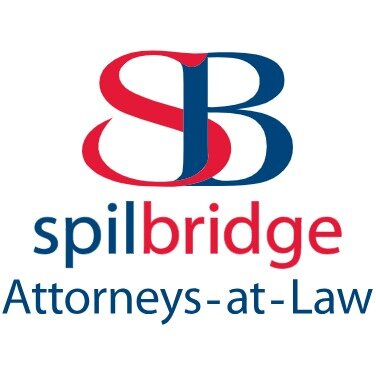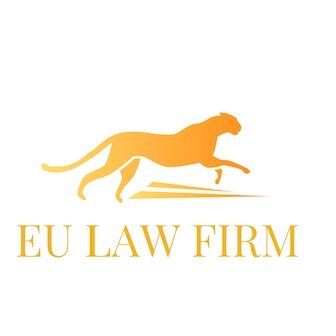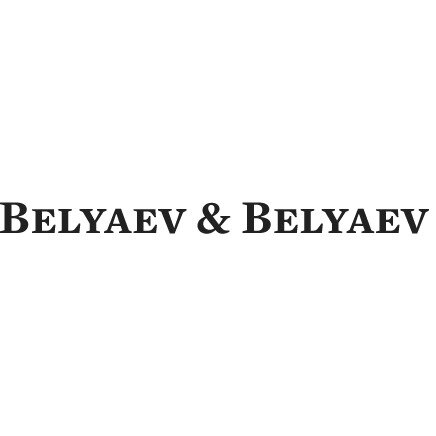Best Public-Private Partnerships (PPP) Lawyers in Riga
Share your needs with us, get contacted by law firms.
Free. Takes 2 min.
List of the best lawyers in Riga, Latvia
About Public-Private Partnerships (PPP) Law in Riga, Latvia
Public-Private Partnerships (PPP) are collaborative arrangements between public authorities and private sector entities. In Riga, Latvia, PPPs are used to finance, build, and operate projects that serve public interests, such as roads, schools, hospitals, and infrastructure. The legal framework for PPPs aims to balance public sector goals with the efficiency and resources offered by private partners. This approach helps address public needs while promoting investment and innovation.
Why You May Need a Lawyer
Engaging in a PPP project in Riga, Latvia often involves complex contracts and strict compliance with regulatory requirements. Here are common situations where legal assistance is beneficial:
- Drafting, reviewing, or negotiating PPP agreements to ensure fair risk distribution and protection of interests
- Understanding tender processes and preparing documentation for project bids
- Advising on structuring PPP entities, financing, and partnership models
- Navigating legal requirements around public procurement and concessions
- Managing disputes or challenges during project execution or operation
- Ensuring ongoing compliance with sector-specific regulations and local laws
- Facilitating communication between public authorities and private partners
- Advising on termination, penalties, and responsibility issues that may arise
Local Laws Overview
In Riga, PPPs are governed by national legislation primarily found in the Public-Private Partnership Law of Latvia, the Law on Concessions, and Public Procurement Law. These regulate the procedures, requirements, and standards for establishing PPPs. Key elements include:
- Clear rules for project selection, appraisal, and approval to ensure transparency and public benefit
- Strict procurement procedures to guarantee fair and open competition among private sector bidders
- Obligations for risk sharing and performance standards between contract parties
- Monitoring and reporting requirements throughout the project lifecycle
- Guidelines on contract duration, typically long-term, and value thresholds for qualifying as a PPP
- Opportunities for public sector oversight and audit to protect state interests and prevent corruption
- Dispute resolution mechanisms outlined in the agreements or provided under local commercial law
Frequently Asked Questions
What qualifies as a Public-Private Partnership (PPP) in Riga, Latvia?
A PPP is a form of cooperation between a public authority and a private entity, where the private party participates in designing, financing, building, and operating assets or services for public benefit, usually based on long-term contractual agreements.
Which laws regulate PPPs in Riga, Latvia?
Key legislation includes the Public-Private Partnership Law, Law on Concessions, and Public Procurement Law, plus related regulations and municipal rules applicable to Riga.
What types of projects are typically carried out as PPPs?
Typical PPP projects in Riga include infrastructure development such as roads, bridges, public transport, utilities, healthcare facilities, and educational institutions.
How is the procurement process conducted for PPPs?
PPPs must follow transparent and competitive procurement processes as outlined in the Public Procurement Law, often involving public tenders or concession award procedures.
Who can participate as a private partner in a PPP?
Any legally registered company, consortium, or financial investor who meets eligibility criteria and has relevant experience may participate, subject to specific project requirements.
What are the typical risks associated with PPPs?
Risks include financial, construction, operational, legal, and regulatory risks. Contracts are carefully structured to allocate these risks between public and private partners.
How are disputes in PPP projects resolved?
Dispute resolution mechanisms are usually specified in contracts and may include negotiation, mediation, arbitration, or recourse to Latvian courts.
What permissions or licenses are required for a PPP?
Required approvals vary by project and may include environmental permits, building authorizations, and sector-specific licenses as mandated by local and national regulations.
How does payment work in PPP contracts?
Payment models vary, such as user fees collected by the private partner or availability payments from public authorities based on project performance and service delivery.
Can PPP agreements be modified after signing?
Modifications are only possible under specific circumstances and must comply with legal and contractual provisions to ensure fairness, transparency, and compliance with procurement rules.
Additional Resources
If you need more information or assistance, consider these resources:
- Ministry of Finance of the Republic of Latvia - the primary regulatory authority for PPP matters
- State Treasury of Latvia - for advice on financial and risk management in public projects
- Riga City Council - local authority for municipal PPP initiatives
- Latvian Chamber of Commerce and Industry - resources for private sector participants
- Latvian Investment and Development Agency - guidance on investment and public procurement
Next Steps
If you are considering taking part in a PPP project or require legal advice in Riga, Latvia, follow these steps:
- Identify your project needs and objectives related to PPP
- Gather relevant information and documentation, such as business plans, feasibility studies, or procurement notices
- Consult a qualified lawyer or law firm specializing in PPPs, public procurement, or infrastructure projects
- Discuss project structuring, risk allocation, and compliance with local laws
- Prepare for necessary negotiations, contract reviews, and regulatory filings
- Ensure ongoing legal support during the project tender, execution, and operational stages
Legal expertise is crucial in navigating the complexities of PPPs in Riga. Early legal consultation helps protect your interests and ensures your project meets all legal and regulatory standards.
Lawzana helps you find the best lawyers and law firms in Riga through a curated and pre-screened list of qualified legal professionals. Our platform offers rankings and detailed profiles of attorneys and law firms, allowing you to compare based on practice areas, including Public-Private Partnerships (PPP), experience, and client feedback.
Each profile includes a description of the firm's areas of practice, client reviews, team members and partners, year of establishment, spoken languages, office locations, contact information, social media presence, and any published articles or resources. Most firms on our platform speak English and are experienced in both local and international legal matters.
Get a quote from top-rated law firms in Riga, Latvia — quickly, securely, and without unnecessary hassle.
Disclaimer:
The information provided on this page is for general informational purposes only and does not constitute legal advice. While we strive to ensure the accuracy and relevance of the content, legal information may change over time, and interpretations of the law can vary. You should always consult with a qualified legal professional for advice specific to your situation.
We disclaim all liability for actions taken or not taken based on the content of this page. If you believe any information is incorrect or outdated, please contact us, and we will review and update it where appropriate.
















